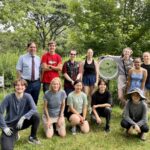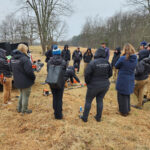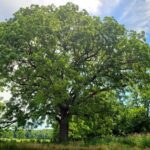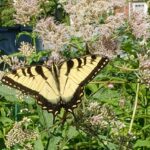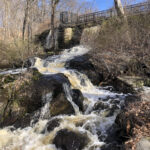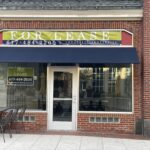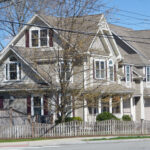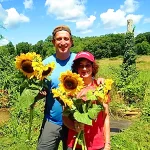
By Elissa Ely Choosing a favorite vegetable or melon, if you happen to be Farmer Tim Carroll, is like choosing a favorite child. If he’s eating a cantaloupe from his farm, cantaloupe is his favorite. When he’s eating a cherry tomato, the cantaloupe steps aside. “I’m not a fennel guy,” he says, but with such respect that no fennel could resent him. There are dozens and dozens of vegetable children in Farmer Tim’s world. Since 2015, his Dudley, MA, farm has grown multiple varieties of up to 50 kinds of produce each August through October. The season starts aboveground with [READ MORE]


